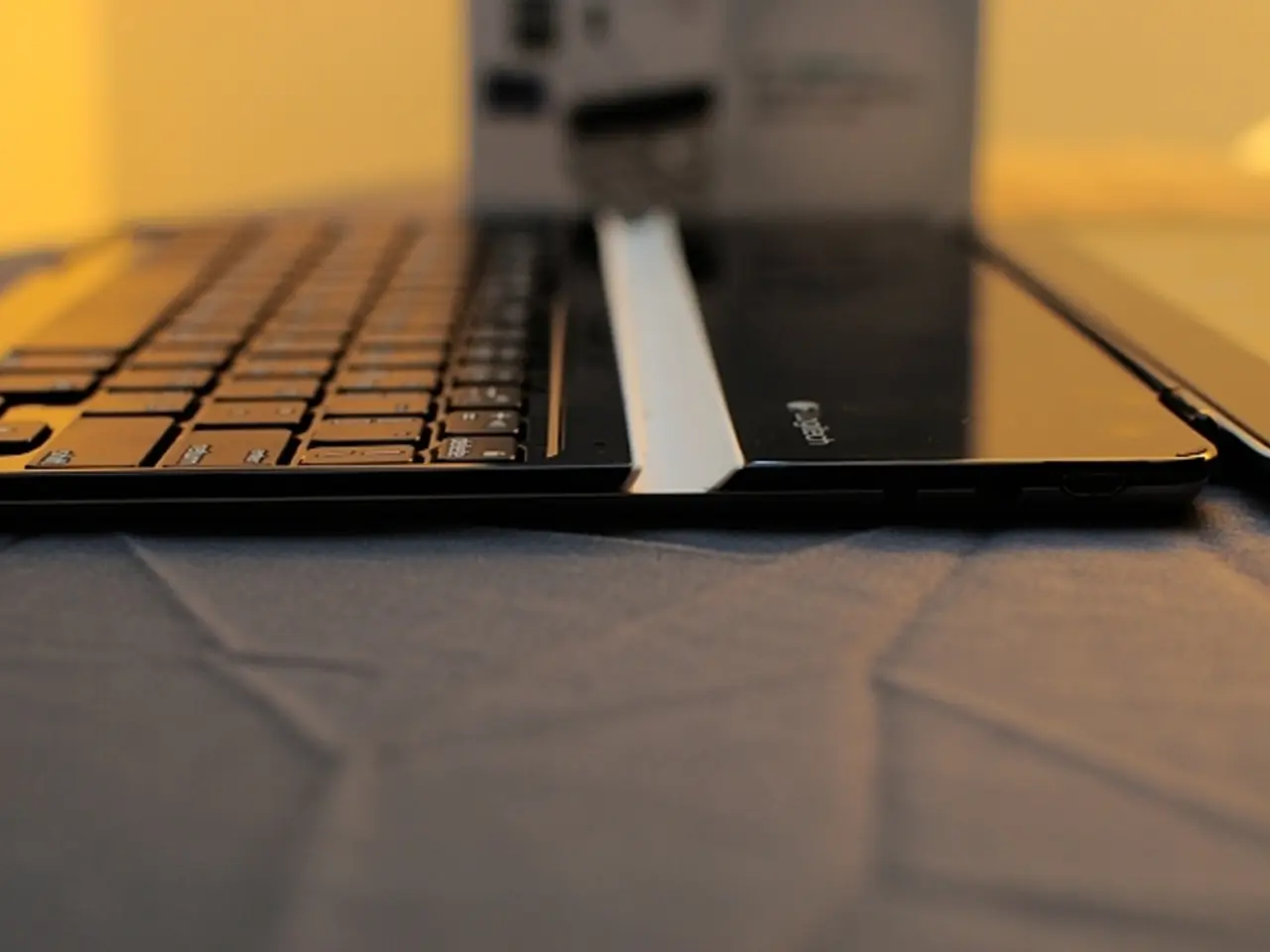Comprehensive Insight into Acquiring Computers, Laptops, and Other Freebies
In today's digital age, access to technology is essential for many aspects of life, including education, employment, and social connection. However, for those on Universal Credit and PIP in supported housing, the cost of laptops and smartphones can seem prohibitive. Fortunately, there are several ways to obtain free or cheap devices, thanks to a combination of government, charity, and local authority support.
One such initiative is Get Online@ Home, which sells heavily discounted computers and tablets to low-income families, disabled individuals, or communities with limited technology access. The devices are refurbished specifically for these groups, making them much cheaper than average[1].
For those who qualify, charities like the Family Fund can provide grants for technology to support the learning and digital development of disabled children[2]. The Good Things Foundation runs the National Device Bank, which refurbishes donated IT equipment and distributes it free to people facing digital exclusion, including those in supported housing[1][3].
Jobseekers claiming Universal Credit may also be eligible for a grant towards a new device. Speak to your job coach about potential grants or help to get a laptop or computer[1]. Local authorities, like the Liverpool City Region Combined Authority, participate in government pledges to redistribute refurbished laptops to those in need for free[3].
Charity and community schemes, such as those listed by the Charity Excellence Framework, offer laptops, computers, and IT support for those on universal benefits, disabled, students, or low-income families[1]. Librarians may provide information about local charities or groups that offer free or subsidised technology[1].
Second-hand tech bargains can be found online on websites like eBay and Groupon, while trading in old devices at CEX stores can help reduce the price of a new one[1].
For students, the Apple Education Store offers 10% off year-round for students, parents, and people who work in educational institutions[4]. Students with long-term health conditions or specific learning difficulties may be eligible for a Disabled Student's Allowance (DSA) to help with the cost of a laptop or computer[1].
Additionally, while free broadband is not generally offered, social tariffs for cheaper internet access are available for those on Universal Credit, and some providers offer limited-time no-cost broadband deals to jobseekers[5].
To access these supports, start by contacting your Job Centre Plus advisor, local supported housing officer, or relevant charities such as the Good Things Foundation or Family Fund. Also, search for regional digital inclusion programs or community groups providing refurbished devices.
Libraries offer free internet and computers for public use, while librarians may provide information about local charities or groups that offer free or subsidised technology[1].
In conclusion, with the right resources and support, obtaining an affordable laptop or smartphone is possible for individuals on Universal Credit and PIP in supported housing. By exploring grants, charitable programs, and community initiatives, you can bridge the digital divide and access the opportunities that technology provides.
References:
[1] Good Things Foundation. (n.d.). National Device Bank. Retrieved from https://www.goodthingsfoundation.org/our-work/national-device-bank/
[2] Family Fund. (n.d.). Technology Grants. Retrieved from https://www.familyfund.org.uk/help-for-families/technology-grants/
[3] Liverpool City Region Combined Authority. (n.d.). Digital Inclusion. Retrieved from https://www.liverpoolcityregion-ca.gov.uk/digital-inclusion/
[4] Apple Education. (n.d.). Apple for Education. Retrieved from https://www.apple.com/uk/education/
[5] Citizens Advice. (n.d.). Broadband and mobile phone complaints. Retrieved from https://www.citizensadvice.org.uk/consumer/energy-water-and-broadband/broadband-and-mobile-phone-complaints/
- For individuals on Universal Credit and PIP in supported housing, the National Device Bank, run by the Good Things Foundation, offers refurbished IT equipment for free, helping build a bridge over the digital divide.
- Seeking to advance their education or improve their lifestyle, students on Universal Credit may benefit from the Apple Education Store's year-round 10% discount on devices, while those with health conditions or learning difficulties might be eligible for a Disabled Student's Allowance (DSA) to help with the cost of a laptop or computer.




